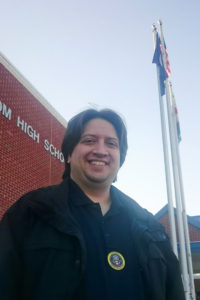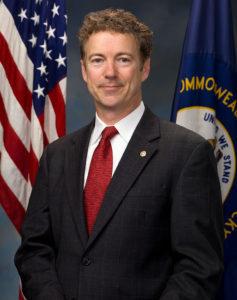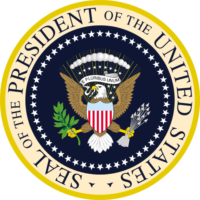
I voted this morning at my polling place in South Riding, Virginia. If you are eligible to vote, you should do so too.
There are many important races and issues on the ballot across the United States. Here in Loudoun County, Virginia, we are voting for electors for president, our House representatives, two statewide ballot issues, and four local ballot issues.
Take the time to research the candidates and issues on your ballot and make informed choices. Don’t let anybody tell you that your vote doesn’t matter. Don’t let anybody tell you that your choice is wrong. If you choose to vote ‘third party,’ don’t let anybody tell you that your vote is wasted. No informed vote is a wasted vote.
And let’s respect one another. I’ve made my choices—and I encourage you to read my reasons why—and you are free to make yours. I may not agree with you, but as long as you have seriously considered your choices, I respect them. I hope you’ll offer me the same courtesy in return.
Please come back to Off on a Tangent this evening for live results from the presidential race and the other races in my area, as well as a live blog with notable results from around the country.


